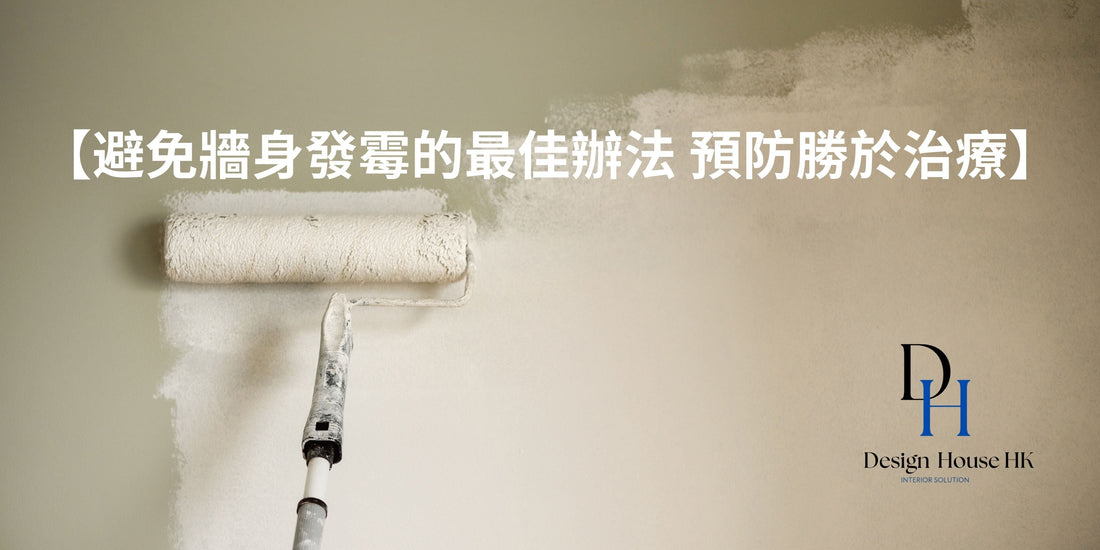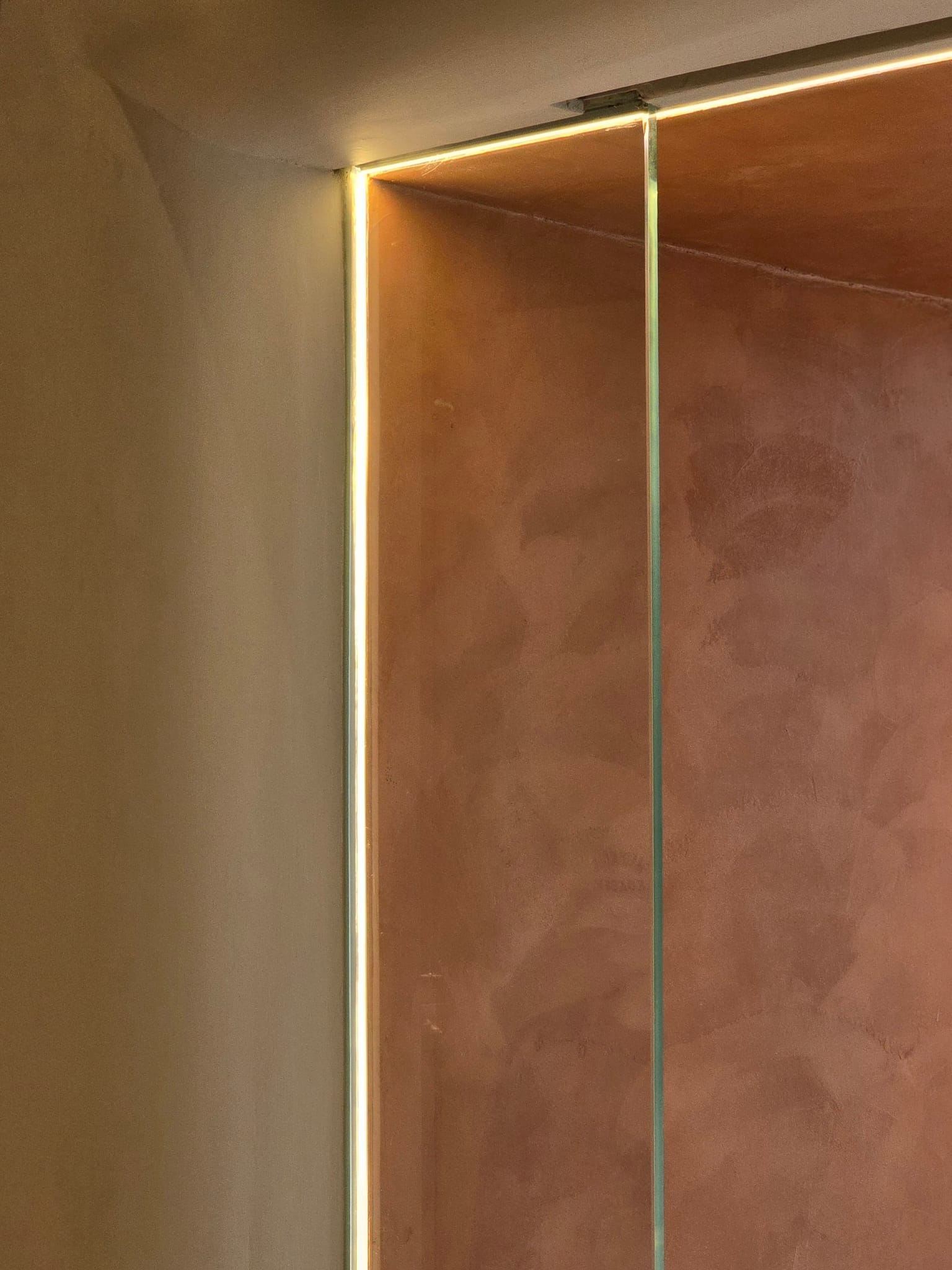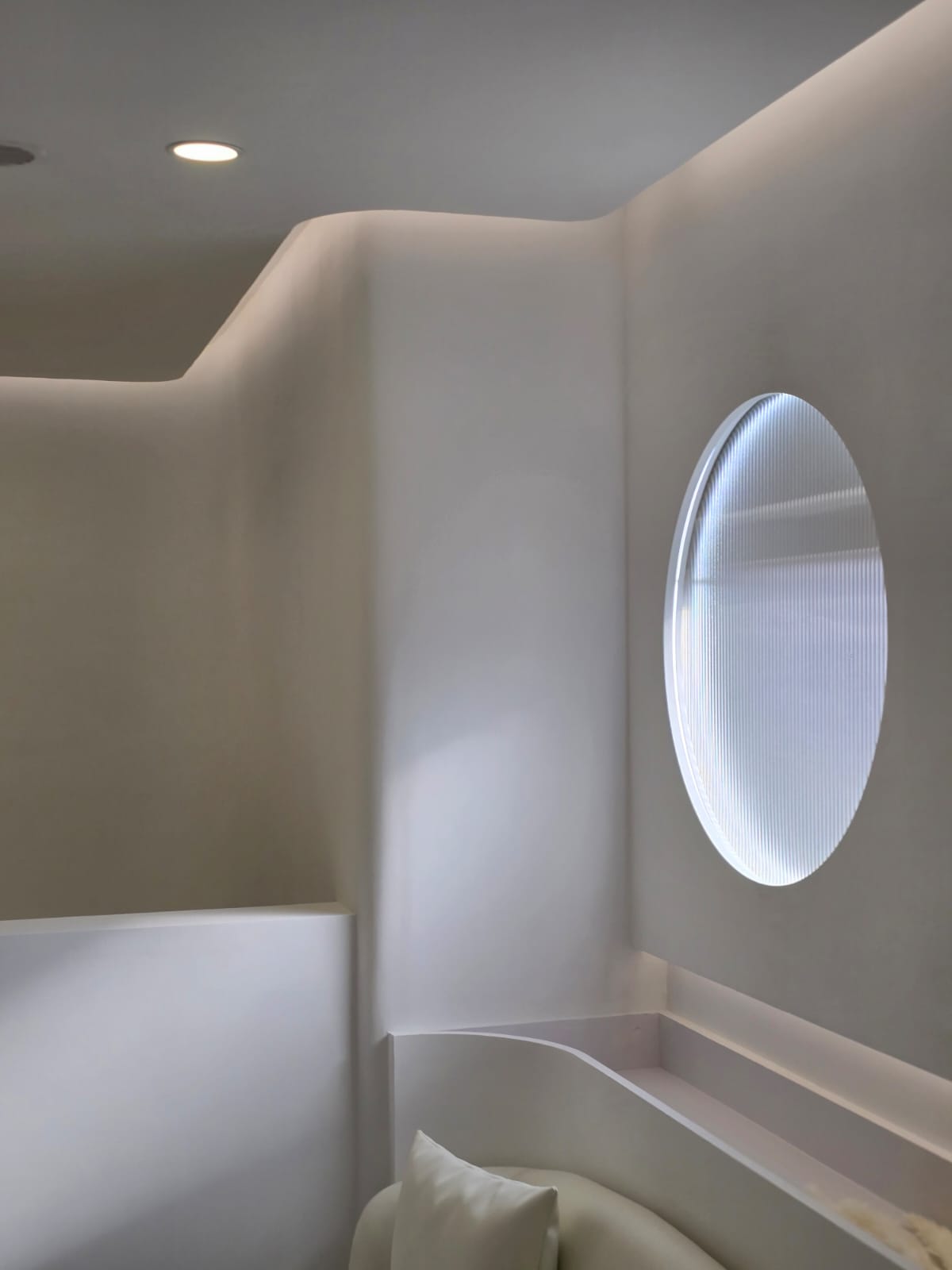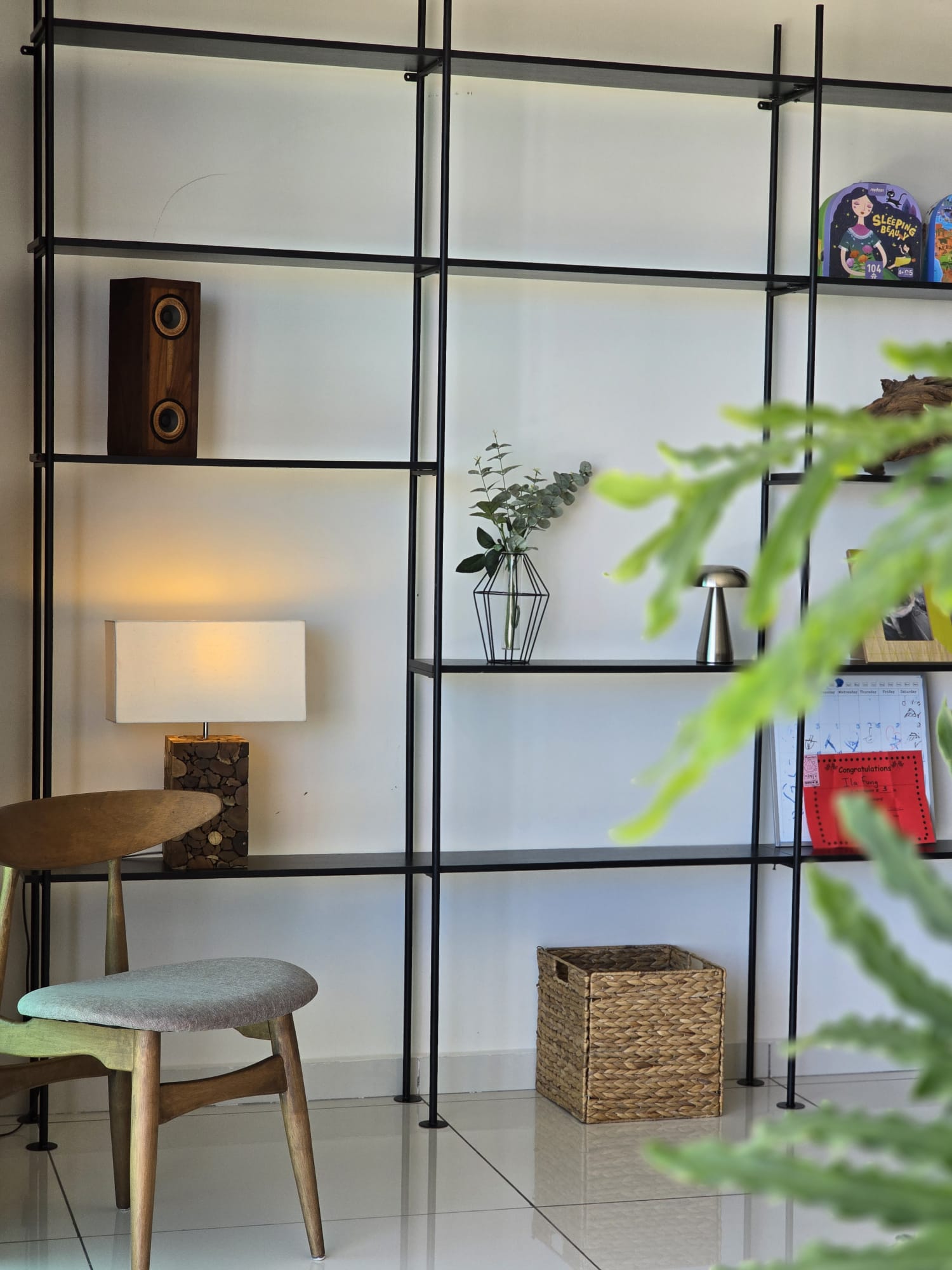
[The best way to avoid wall mold is prevention is better than cure]
Share
In a humid and rainy area like Hong Kong, moldy walls are a major concern for many homes and offices. Along with peeling paint, it affects the appearance of the walls. Most distressingly, moldy walls can be recurring, typically recurring after two to three months of cleaning. Mold and mildew pose health risks to residents, especially children's respiratory tracts and trachea, and should not be ignored. The best way to avoid moldy walls is prevention, not treatment.
The main cause of wall mold
Humid environment
Excessively high indoor humidity creates the ideal environment for mold growth. When indoor humidity exceeds 70% for a long period of time, such as during Hong Kong's humid weather or rainy season from March to September, moisture in the air easily condenses, creating a breeding ground for mold.
1. Poor ventilation
If the air does not circulate and moisture accumulates, it will naturally become a paradise for mold. Bathrooms, kitchens, and basements are particularly at high risk.
2. Large temperature difference between indoor and outdoor
The large temperature difference between indoor and outdoor and between seasons in Hong Kong makes the "anti-humidity phenomenon" in homes very serious. When hot air meets cold walls, moisture condenses immediately, making the walls prone to mold.
3. Structural water seepage or cracks
Old buildings, cracks in houses, aging exterior waterproofing, leaking water pipes, etc., can all cause water to seep into the walls, accumulating moisture and leading to the long-term growth of mold.
4. Hygienic habits and excessive household clutter
Lack of ventilation and too much clutter in the home hinder air circulation and make the room more likely to become a breeding ground for mold.
Why does mold on the walls never stop?
Wrong material selection (most common)
The vegetable glue powder (ordinary plaster) used in traditional decoration is not water-resistant and mildew-proof. It absorbs moisture, bubbles and peels off when it comes into contact with moisture. In addition, the paint has no functionality and mold grows faster.
No cure for the disease
Often, simply using bleach or detergent to clean the surface doesn't eliminate the mold's roots, and the continued presence of moisture can lead to a rapid recurrence. Improper use of bleach can even cause the wall to become even wetter, further encouraging mold growth.
Structural issues not addressed
If there are cracks in the wall or water seepage on the exterior wall, cleaning is a waste of effort. The source of water seepage will continue and the mold will reappear no matter how many times you remove it.
What are the health effects of mold on walls?
Causes allergies and asthma
Long-term inhalation of mold spores can aggravate respiratory allergies and asthma, and the elderly and children are most susceptible.
Skin problems, decreased immunity
People with itchy skin, eczema, and poor immunity are more affected.
Affects mood and life
The musty smell is unpleasant, the walls are dirty, and it affects the mood of the residents and even the appearance of the home.
Best practical tips for avoiding mold on walls
1. Choose high-quality decoration materials
- It is recommended to use putty (specially for plastering) instead of traditional glue powder. It is more moisture-proof, less likely to bubble or fall off, and stays dry for a long time.
- Use mildew-resistant and water-resistant paint (specially formulated to resist mildew) to help prevent mildew for a long time.
- Microcement can be used instead of traditional paint, which is easy to clean, waterproof and durable, moisture-proof and mold-proof, and stylish and beautiful.
2. Improve the environment and structure
- Improve ventilation in the house by installing exhaust fans and dehumidifiers, especially in the bathroom and kitchen.
- If you find cracks or water seepage, immediately seek professional inspection and re-waterproofing.
- Clear away clutter at home regularly and keep the air circulating.
3. Proper cleaning and prevention
- If you find a small area of mold, treat it with a special anti-mold cleaner or natural baking soda and white vinegar, and then wipe it dry with a dry cloth.
- Avoid using a wet cloth or bleach on the surface for a long time, as this will make the wall more damp.
- Monitor humidity regularly and start dehumidification if it is above 60%.
4. Carefully select your home design and decoration team
- It is recommended to find an experienced design and decoration company that uses materials carefully to ensure that all aspects such as plastering, waterproofing and material selection are done well.
Design House HK Professional Recommendation
Design House HK has years of experience in interior design and renovation for homes, offices, and shops. We pay close attention to detail, taking care of everything from wall waterproofing and mildew prevention, material selection, ventilation, to interior aesthetics. Using high-quality materials and professional construction, we thoroughly address the common problem of mold in existing and new buildings, as well as in humid environments. We offer tailor-made solutions to significantly enhance your living quality, and provide one-stop services including space planning, storage design, and intelligent lighting control. Whether you're looking for a major renovation or a renovation, please contact us to help you regain a mold-free, comfortable, and healthy living space!






